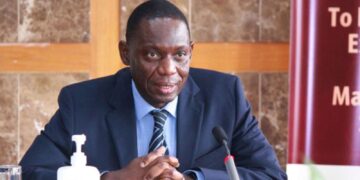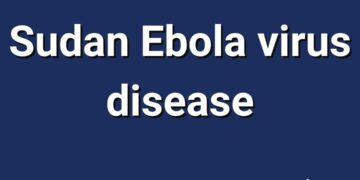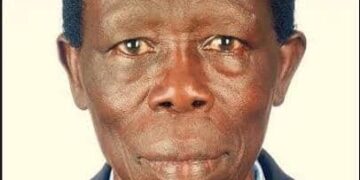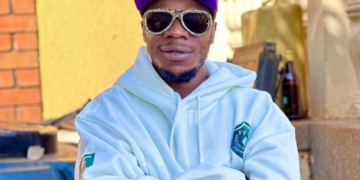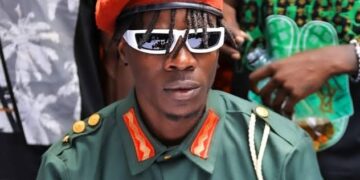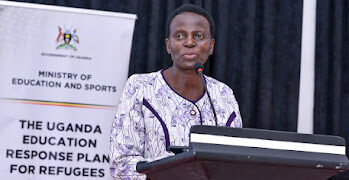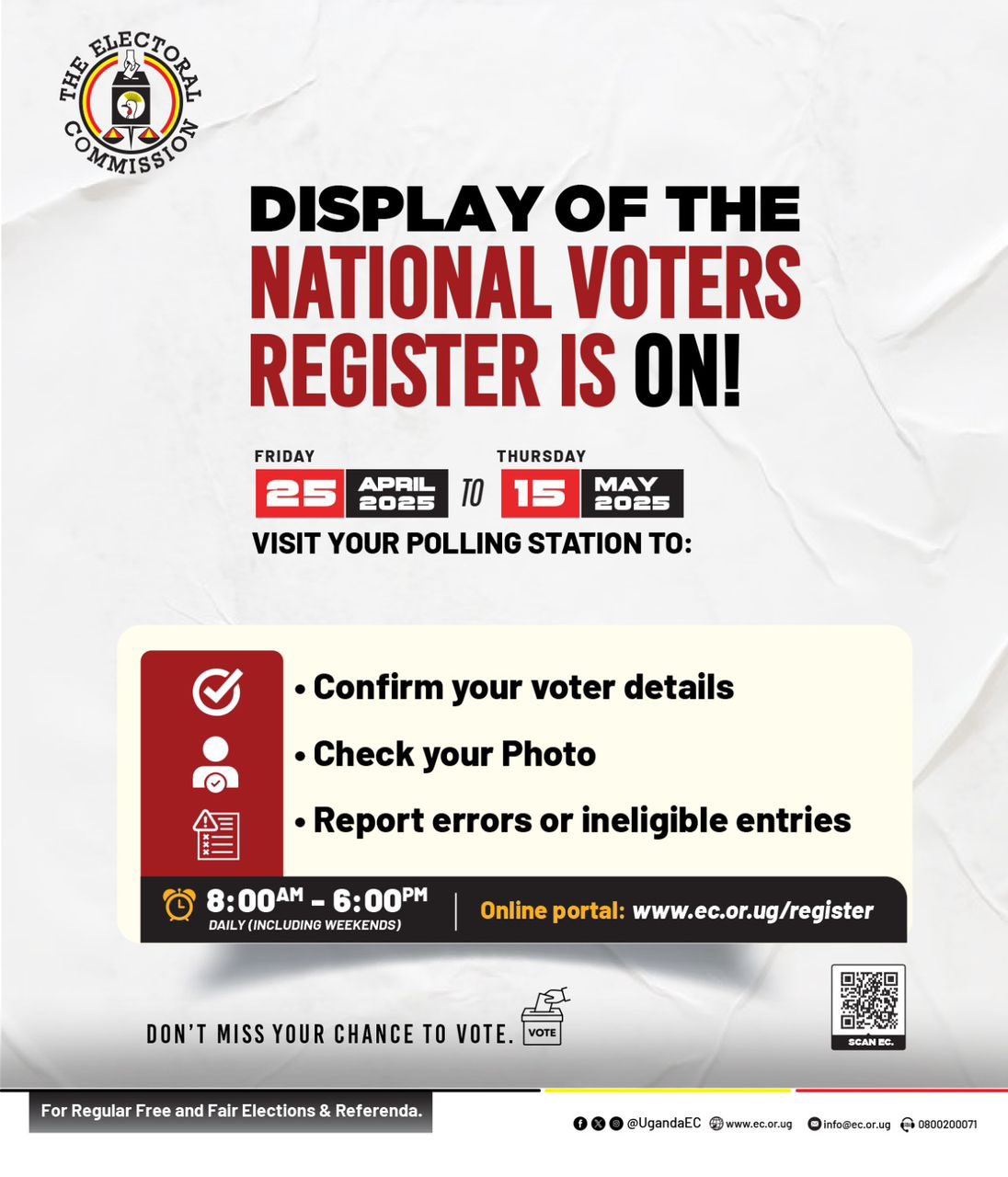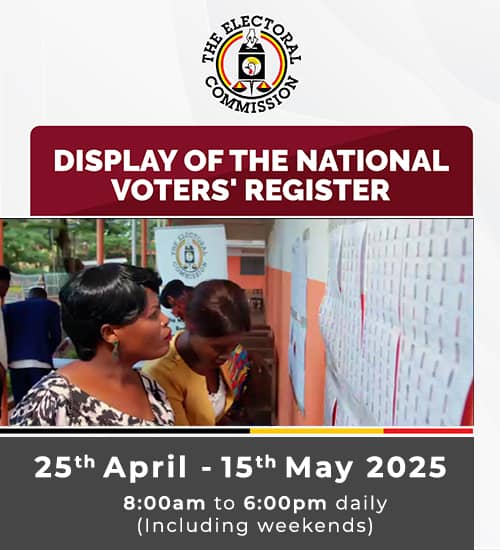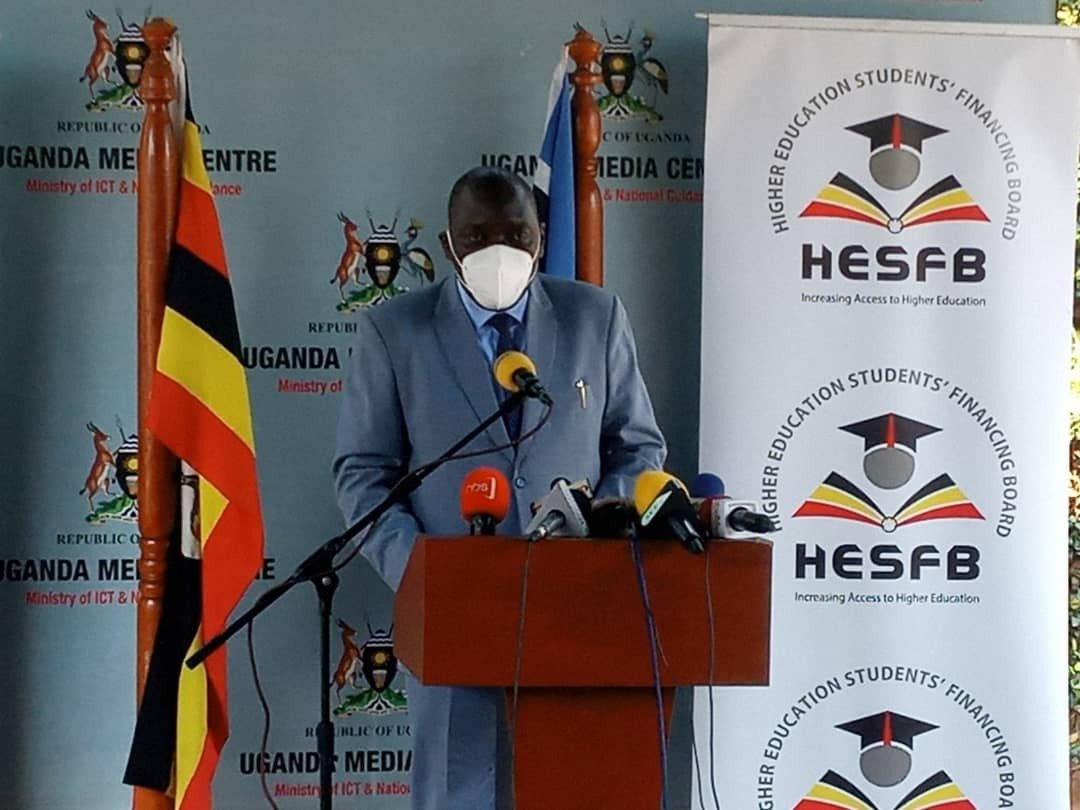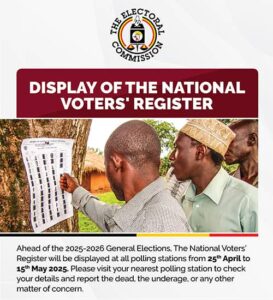The U.S. Ambassador to Uganda, Natalie Brown, has finally met and held talks with Robert National Unity Platform (NUP) president Robert Ssentamu Kyagulanyi aka Bobi Wine.
Brown met Bobi Wine at his home in Magere Wakiso District on Saturday Jan.30, after her first attempt was blocked by the Uganda security forces on Jan. 18.
Kyagulanyi’s home had been besieged by the military with strict instructions not to let visitors in. However, on Jan.25, Court ordered the security forces to stop the confinement of Kyagulanyi and his wife, calling it unlawful and a violation of his rights. Ever since, Kyagulanyi has been receiving visitors to his home.
According to a statement released by the US embassy on Jan.30, Amb Brown and Kyagulanyi “discussed the political situation in Uganda, the essential role that constructive political opposition plays in a democracy, the decades-long partnership between the people of Uganda and the United States, and the political transition in the United States.”
Brown commended the participation of candidates from across Uganda’s political spectrum in the country’s recent elections. However, she noted that the United States continues to be deeply concerned about the extrajudicial detention of opposition political party members, the reported disappearance of several opposition supporters, and continued restrictions on the NUP’s operations.
Kyagulanyi contested for presidency in the 14th January presidential elections which saw Yoweri Museveni declared winner with 58% of the vote cast with Kyagulanyi receiving 35% of the vote. Bobi has since disputed the results claiming massive vote fraud and issuing threats to take office before May.
Natalie Brown called for all political parties and their supporters to use constitutional, legal, and non-violent means to address complaints over election irregularities and emphasized U.S. support for the fundamental freedoms of expression, assembly, and movement.
“Political violence, repression, and intimidation have no place in democracies,” she said. Brown also reiterated that the United States does not take sides or support any specific candidate or party in Uganda’s elections.
The Ugandan government has overtime accused “foreigners” for wanting to meddle in its internal affairs with suspicion that Kyagulanyi’s campaigns were funded by foreign countries, an allegation he dispelled.
“On the eve of African-American History Month, celebrated in the United States each February, they also discussed America’s continued effort to achieve the promise of liberty and justice for all, the important legacy of civil rights leaders and ordinary citizens who have dedicated their lives to advance that goal, and how these experiences have influenced others globally in the pursuit for more inclusive and representative societies,” the statement reads in part.
















